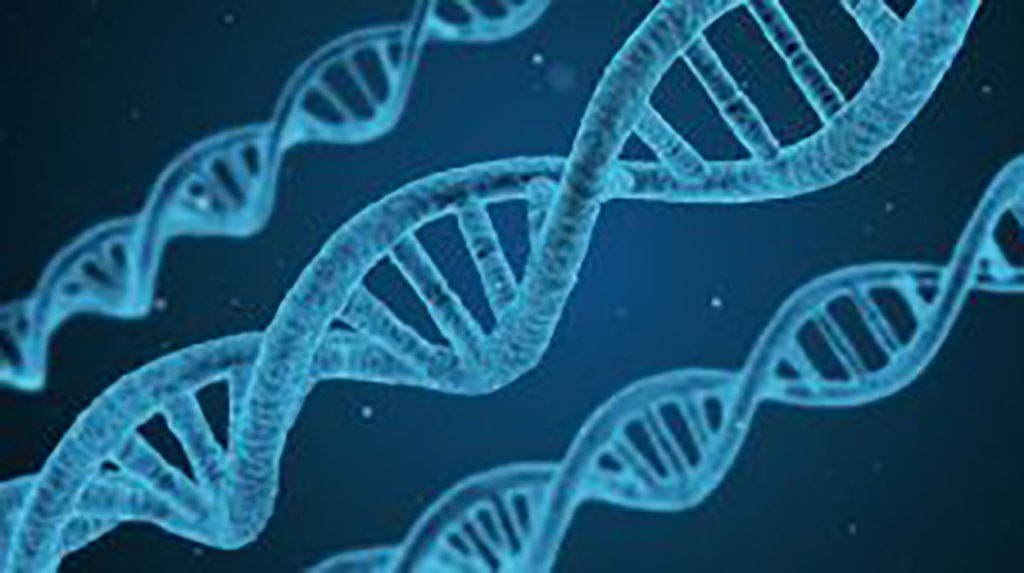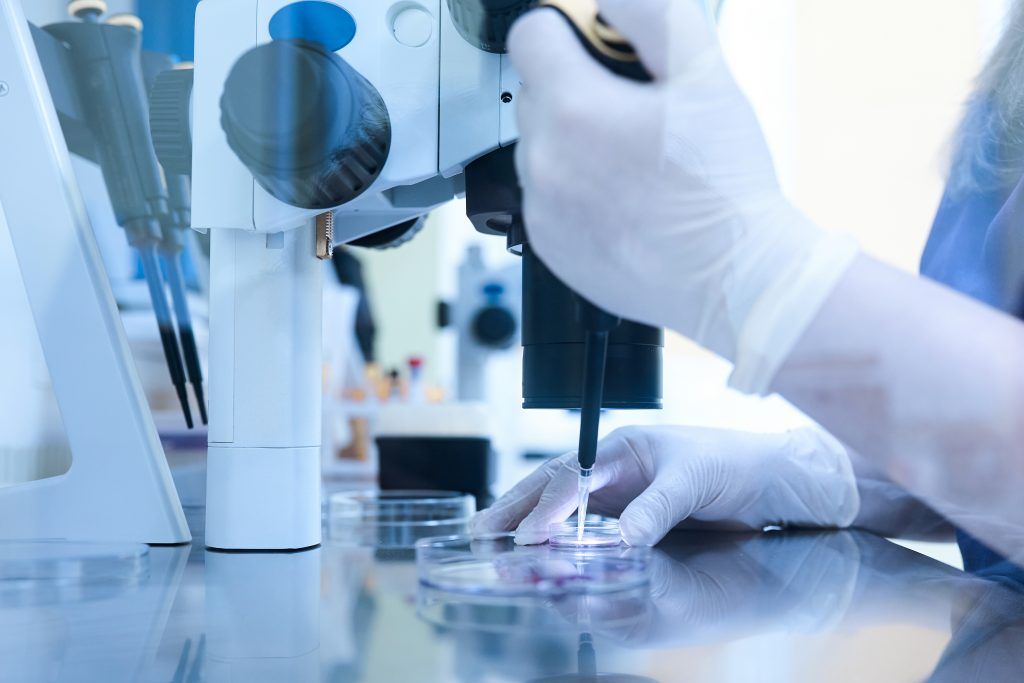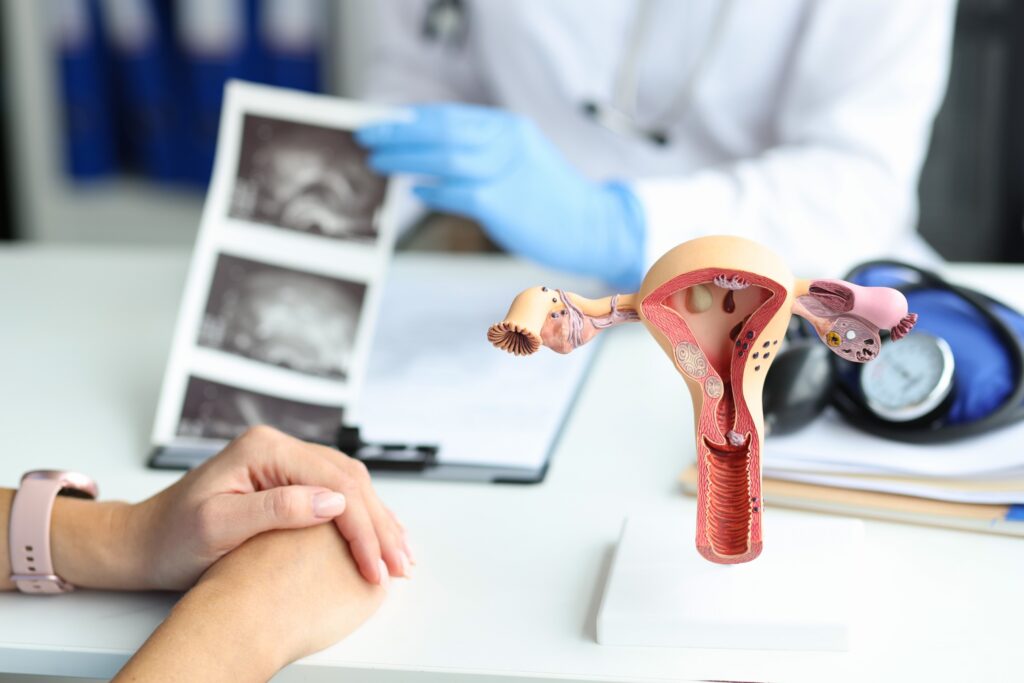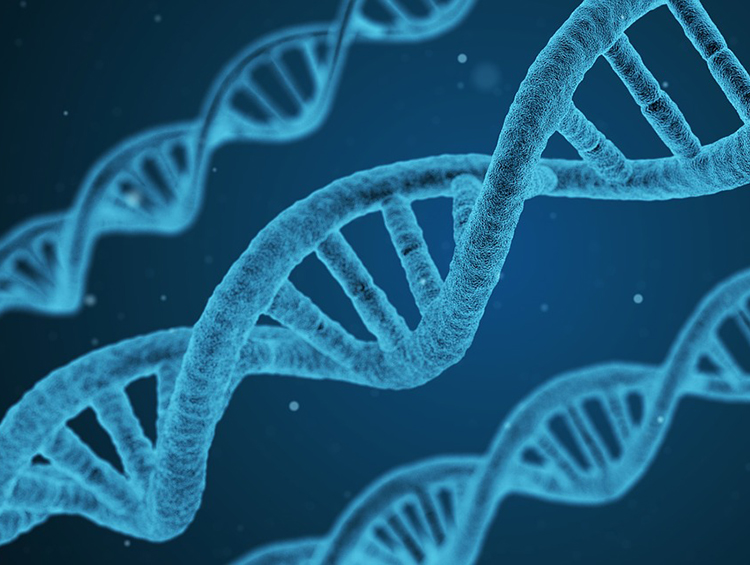Recessive genetic diseases happen when the two copies of the abnormal gene, responsible of a disease, must be present in order for the disease to develop.
All genetic information is contained in 23 pairs of chromosomes and, within each chromosome, packaged in genes. We have two copies of each gene (alleles), one that we inherited from our father and another one from our mother. The information contained in these genes, sometimes, appears altered and is known as a mutation.
Genetic diseases are classified as dominant and recessive. A disease is dominant, when clinical manifestations appear when one of the two alleles is altered. And we speak of a recessive genetic disease, when it is necessary that the two alleles are mutated for the disease to manifestate. If there is only one altered copy, we will be “carriers” of the disease, that is, we can transmit it even if we don´t suffer the illness.
A particular case are the recessive genetic diseases linked to the X chromosome. Since males have only one X chromosome, if a woman is carrying a mutation linked to X, their sons will have a 50% chance of suffering from the disease.
We are all carriers of an average of 4 mutations of recessive genetic diseases. The probability of a couple of sharing the same mutation is around 1%. If the couple had offspring, they would have a 25% chance of having affected children. We can thus say, that the average incidence of recessive genetic diseases is 2.5 per thousand. However, these are serious diseases that significantly compromise quality and life expectancy.
There are different tests that allow us to study the different mutations of recessive genetic diseases, and this information can be very useful. The clinical handling will be different depending on each specific case.
- Couples that are going to carry out a treatment with donated oocytes or sperm: the study of the mutations is done in the partner that contributes with its gametes (oocyte or sperm) and the donor (of sperm or oocytes). This allows to select a donor that does not share the same mutations (genetic matching).
- Couples seeking for a baby: this study gives them the risk of conceiving a child with a recessive disease so they can act on the basis of the genetic counseling in their particular case.
Something very important to point out, is that these tests only study mutations in certain diseases. A test showing no mutations, or a genetic matching between two people not sharing mutations, is not a guarantee of a healthy child (there are many other diseases, genetic and non-genetic, that are not studied with these tests), and it does not change in any way the pregnancy rate in an assisted reproduction treatment.
URH García del Real offers the possibility of performing a genetic test of recessive diseases to all patients who wish to do so.
If you still have doubts about the study of recessive genetic illnesses in Assisted Reproduction, do not hesitate to request an appointment for a free consultation with us, or call 917401690.
Dr. Laura Blasco Gastón – Gynecologist specialized in Assisted Reproduction












